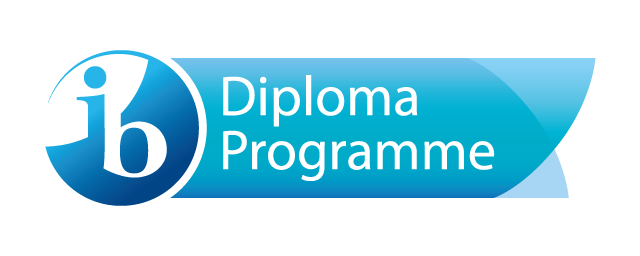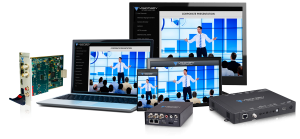
As technology continues to evolve, the integration of cloud computing and virtualization has become increasingly essential in diploma programs, particularly in fields related to information technology (IT), computer science, and digital innovation. This exploration highlights the significance of incorporating cloud computing and virtualization concepts into diploma programme and how they prepare students for the modern workforce.
Understanding Cloud Computing and Virtualization:
- Cloud Computing:
Cloud computing involves the delivery of computing services, including storage, databases, networking, software, and analytics, over the internet (“the cloud”). It offers scalability, flexibility, and cost-effectiveness compared to traditional on-premises solutions.
- Virtualization:
Virtualization enables the creation of virtual instances of operating systems, servers, storage devices, or networks, allowing multiple virtual resources to run on a single physical infrastructure. It optimizes resource utilization, enhances scalability, and improves IT management efficiency.
Integration into Diploma Programmes:
- Curriculum Development:
Diploma programs incorporate cloud computing and virtualization concepts into their curricula to ensure students gain practical knowledge and hands-on experience with these technologies. Courses may cover topics such as cloud architecture, deployment models, virtualization techniques, and cloud security.
- Practical Labs and Projects:
Practical labs and projects provide students with opportunities to apply cloud computing and virtualization principles in real-world scenarios. Students may set up virtualized environments, deploy applications on cloud platforms, and configure cloud-based services to solve business challenges.

- Certifications and Training:
Diploma programs may offer certification tracks or specialized training modules focused on cloud computing platforms (e.g., Amazon Web Services, Microsoft Azure, Google Cloud Platform) and virtualization technologies (e.g., VMware, Hyper-V, KVM). These certifications enhance students’ employability and industry relevance.
Benefits for Students:
- Enhanced Skill Set:
Students develop a comprehensive understanding of cloud computing and virtualization technologies, equipping them with valuable skills sought after by employers in various industries. They learn to design, deploy, and manage cloud-based solutions effectively.
- Career Readiness:
Exposure to cloud computing and virtualization prepares students for diverse roles in IT, including cloud architects, systems administrators, network engineers, and cybersecurity specialists. They are well-positioned to navigate the evolving IT landscape and contribute to organizational success.
- Innovation and Collaboration:
Students learn to leverage cloud resources and virtualized environments to foster innovation, collaboration, and agility in project development and research initiatives. They gain experience working with distributed teams and accessing resources remotely, mirroring real-world scenarios.
Conclusion:
Incorporating cloud computing and virtualization into diploma programme empowers students with the knowledge, skills, and experience needed to thrive in the digital age. By embracing these technologies, diploma programs prepare students for dynamic careers in IT and empower them to drive innovation and transformation across industries.
































